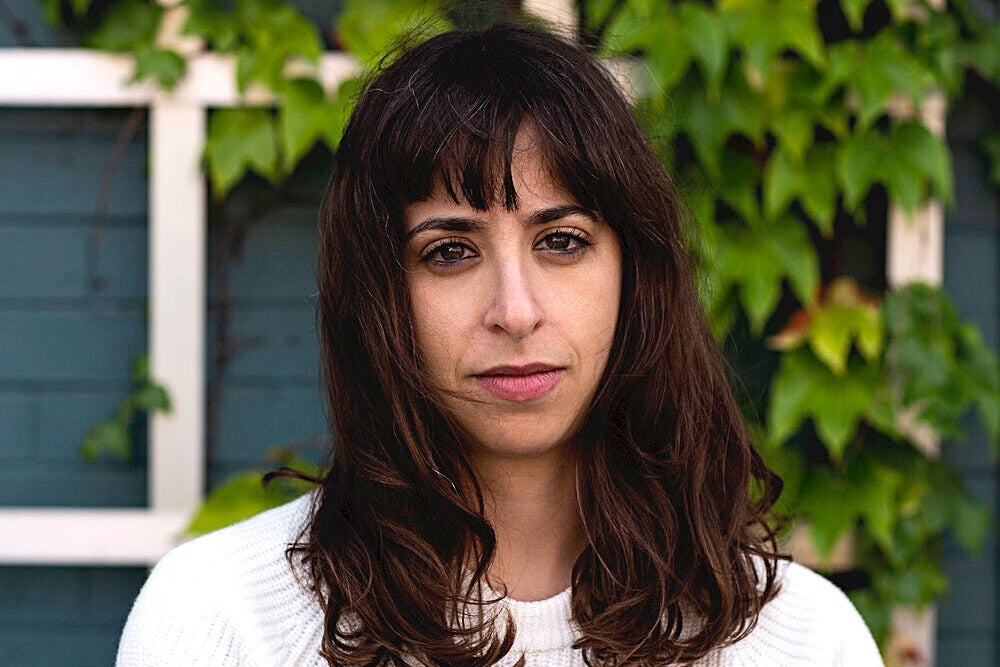

Then the technical cofounder told me that his girlfriend was applying to law school and he’d been helping her prep. This seemed OK: I figured we would talk about the company, I would ask routine follow-up questions and they would finally let me out, like an elementary-school student, and the city would absorb me and my humiliation. “When you walk into a room, what’s your theme song?” That afternoon, mine was a dirge.Īfter a few hours, the technical cofounder entered the conference room, looking confidently unprepared “If you were a superhero, what would your superhero strength be?” asked straight-faced human resources professionals. Across the Bay Area, applicants were routinely asked questions like “How many square feet of pizza are eaten in the United States every year?” and “How many ping-pong balls fit in an airplane?” Some of them, meant to determine whether an interviewee was a culture fit, were dredged in middle-school kitsch. A search-engine giant down in Mountain View was famous for its interview brainteasers, and while it had already denounced the practice, finding it useless as an indicator of future job performance, others insisted on enshrining it as tradition: learning from another company’s mistakes took on a new meaning when those mistakes had proved lucrative. No one had warned me that in San Francisco and Silicon Valley interviewing was effectively punitive, more like a hazing ritual than an airtight vetting system. “How would you describe the internet to a medieval farmer?” asked the sales engineer, opening and closing the pearl snaps on his shirt, sticking his hand thoughtfully down the back of his own waistband.īecause interviewing at the e-book startup had been breezy and comfortable, I expected the same from the analytics company. ‘What’s the hardest thing you’ve ever done?’ asked the solutions manager

/cdn.vox-cdn.com/uploads/chorus_image/image/66124391/Wiener__Anna__c__Russell_Perkins.0.jpg)
Both of them asked questions that were self-conscious and infuriating.


 0 kommentar(er)
0 kommentar(er)
